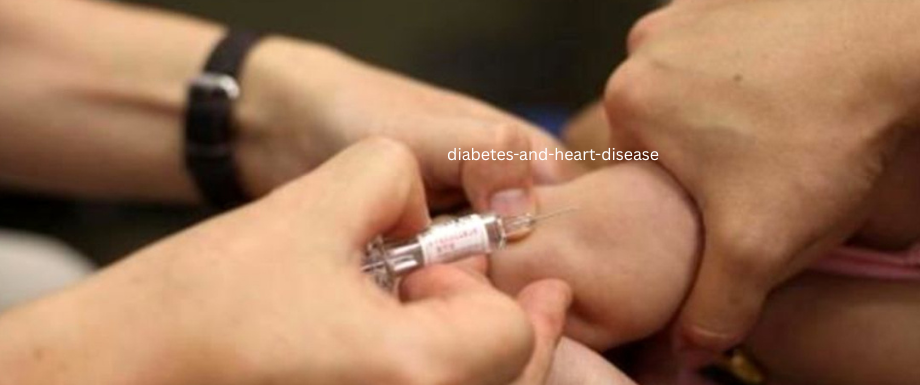Early Warning Signs of Type 1 Diabetes
Did you know? If you have a family history of type 1 diabetes, then the risk of getting type 1 diabetes is higher. It has been found in research that having a parent or a sibling with type 1 does certainly increase the risk of you getting diabetes. So, it is advisable that you look out for the early symptoms of type 1 diabetes.
Though the number of type 1 diabetes patients is less when compared to type 2 patients in India, there is an incremental rise in the number of type 1 patients in the recent years. Most newly reported cases are that of children below 14 years of age.
Why is type 1 diabetes different?
As an autoimmune disease, type 1 diabetes is sudden in onset and can cause symptoms within a few days of its occurrence. This is unlike type 2 diabetes where the condition might be dormant for a long time without the patient being aware of it.
In a broad categorization, type 1 has three early stages.
Having autoimmunity with normal sugar levels.
Having elevated fasting sugar levels, random sugar levels, and HbA1c levels with autoimmunity.
Becoming a symptomatic type 1 diabetes patient requiring insulin therapy.
Interesting facts about type 1 diabetes
Type 1 diabetes is not caused due to obesity.
It has no cure and patients have to inject themselves with insulin daily.
Insulin is produced in the islet of Langerhans present in the pancreas.
Having a mother with type 1 diabetes increases the risk to the child considerably.
Type 1 diabetes may also be caused due to viral infections, especially Epstein-Barr and Coxsackie virus.
Consuming water with toxins like nitrates also increases the risk of type 1.
Since the onset is sudden, it is very important to know about diabetes type 1 symptoms and the early warning signs.
Early warning signs and symptoms of type 1 diabetes
Sudden weight loss.
Deep and rapid breathing.
Excessive thirst and hunger.
Blurred vision.
Flushed face.
Heart palpitations and nervousness.
Numbness and tingling sensation in the feet.
If you experience any of these symptoms of type 1 diabetes, you should contact the nearest medical practitioner for a thorough evaluation and examination. Remember, though type 1 diabetes has no cure, patients can lead a normal life with proper management.
